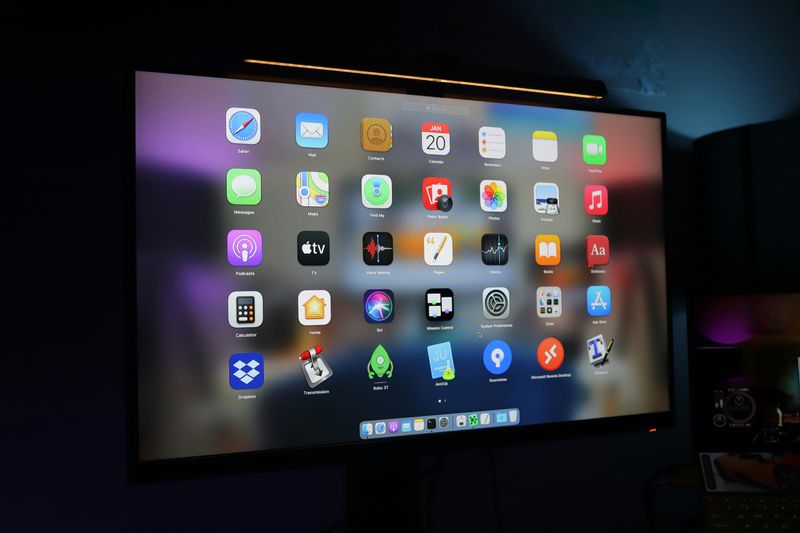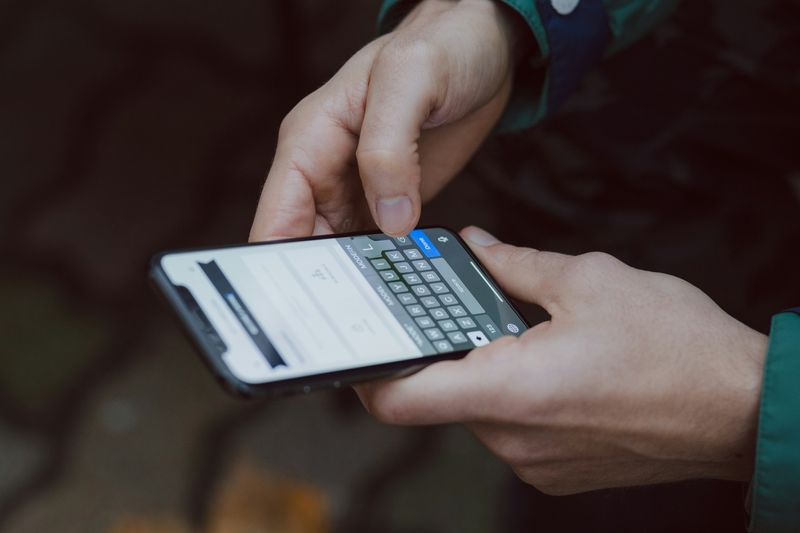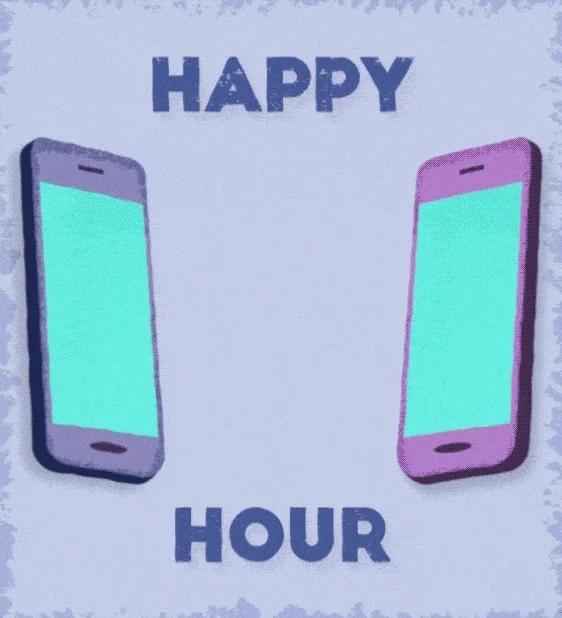Staying connected with the people who matter most can be tough when you're juggling school, assignments, and life.

Whether you're 15 or 35, school can feel like living in a bubble. Between classes, group projects, part-time jobs, and stress, it's easy to lose touch. But staying connected with others can boost your well-being, support your goals, and help you feel more grounded.
It doesn’t have to be complicated — small, intentional actions can make a big difference. Let’s explore some simple ways to strengthen your relationships and build a connection plan that works for you. 🌐📱
Why Is It Important to Stay in Touch? ❤️
Meet Mia. When she moved away to college, she kept in touch with her high school friends, joined a campus club, and regularly called home.
 As a result, she felt supported and balanced even during exam stress. Her mood improved, she developed confidence, and she had people to lean on when things got tough.
As a result, she felt supported and balanced even during exam stress. Her mood improved, she developed confidence, and she had people to lean on when things got tough.
Now imagine Jordan, who also moved away for school but didn’t stay connected with anyone. He skipped club meetings, stopped messaging friends, and avoided social events. Over time, he started feeling isolated, overwhelmed, and unmotivated — even though nothing had changed academically.

These two stories highlight the real impact that social connection (or the lack of it) can have on your well-being.
Let’s break it down further. Here are some of the most common outcomes people experience depending on how connected they feel.
Positive effects of social connections:
Reduced stress and improved mood
Sense of belonging and purpose
Healthy coping mechanisms
Improved mental health outcomes
Increased self-esteem and confidence
 Photo by Considerate Agency on Unsplash
Photo by Considerate Agency on UnsplashNegative effects of social isolation:
Increased risk of mental health conditions
Reduced motivation and energy
Impaired cognitive function
Increased risk of physical health problems
 Photo by Atharva Tulsi on Unsplash
Photo by Atharva Tulsi on UnsplashQuiz
What would you do? You’ve been swamped with school and haven’t talked to friends or family in weeks. You're feeling lonely and stressed.
What Tools Can You Use? 🛠️
 Photo by Boitumelo on Unsplash
Photo by Boitumelo on UnsplashThere are numerous apps and platforms available to help you stay connected. Here are some reliable ones:
WhatsApp/Signal: Best for free messaging and calls, especially with friends or family who live abroad. 📱
Snapchat/Instagram: Perfect for quick updates, sharing moments, and sliding into DMs when you want to keep it casual. 📸
Zoom/Google Meet: Ideal for longer, face-to-face conversations and great for maintaining deeper connections across distances. 🎥
Discord/GroupMe: Love group chats or connecting around hobbies? These platforms are designed for shared interests and communities. 🎮
Postcards/Letters: They may take longer, but they feel more personal and meaningful. A handwritten note can make someone’s day. ✉️
Pro tip: Choose platforms that work for both you and your loved ones so it feels natural. 🤝
Quiz
You’re missing your best friend who moved to another country. You want to feel close again, but your schedules never match.
How to Practice Staying in Touch 🔁
Staying connected doesn’t have to be complicated or time-consuming. What matters most is building regular habits that show you care.
Here are simple ways to make staying connected a habit:
Set weekly check-ins (calls or texts every Sunday, for example). This creates a routine that strengthens your bond and gives you both something to look forward to.
 Photo by Jazmin Quaynor on Unsplash
Photo by Jazmin Quaynor on Unsplash
Send quick messages during breaks or between classes. Even a short “thinking of you” text can brighten someone’s day and keep the connection alive.

Share little wins — even a selfie or meme counts! Celebrating small moments helps your loved ones feel included in your journey.

Use shared calendars to plan call times. Scheduling helps avoid missed connections and shows that staying in touch is a priority.

Pro tip: Start small! It’s more about consistency than long conversations. 💬
Create Your Personalized Plan 🧠
You don’t need to talk every day, but you do need a rhythm that works.

Here’s how to build your plan:
Choose your favorite communication methods.
List 3–5 people you want to stay connected with.
Set specific times (ex, “Video call Mom every Saturday at 4 PM”).
Add reminders to your phone or planner.
Be flexible! Life happens, just keep trying. 💪
Pro tip: Use a simple template like this Digital Planner Sheet example from Canva to get started. 📄
Take Action

Your feedback matters to us.
This Byte helped me better understand the topic.
